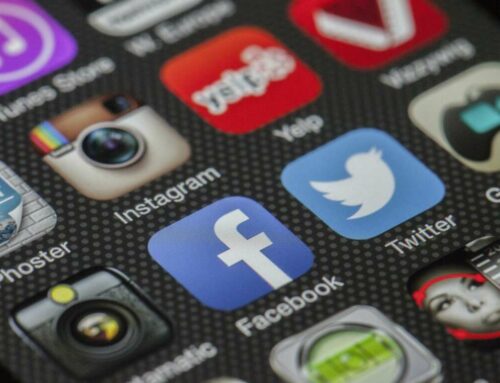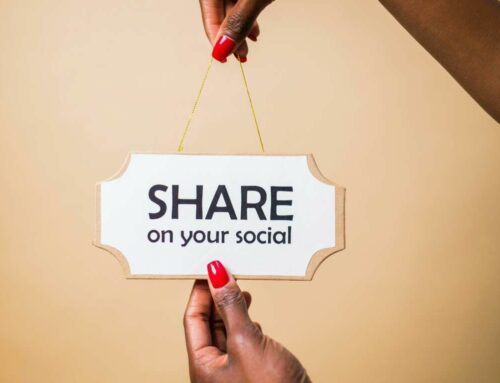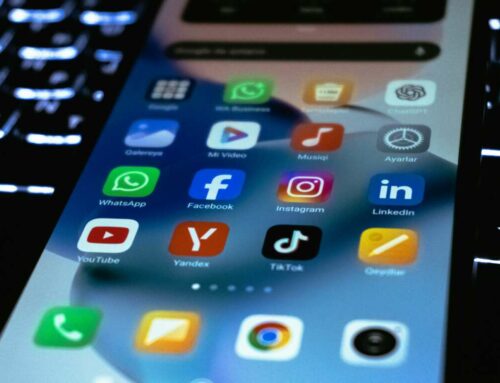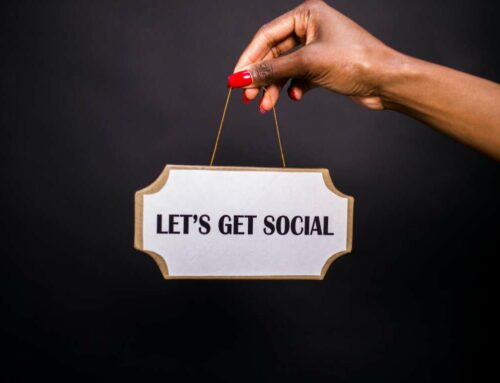
Social media has become an essential part of our daily lives. We use it to connect with friends and family, share our thoughts and experiences, and even to promote our businesses. However, social media has also been criticized for its negative effects on mental health. But is social media really that bad for us? In this article, we will explore the ways in which social media can actually be good for our mental health.
Table of Contents
1. Connection and Support
One of the most significant benefits of social media is the ability to connect with others. Social media platforms, such as Facebook, Instagram, and Twitter, allow us to stay in touch with friends and family members who live far away. This can be particularly important for people who struggle with feelings of loneliness and isolation.
In addition to connecting with loved ones, social media can also provide a sense of community and support. Online groups and forums allow people to connect with others who share similar interests, experiences, and challenges. This can be particularly helpful for people who are living with mental health issues, as it can provide a safe and supportive space to share thoughts and feelings.
2. Education and Awareness
Social media can also be a valuable source of education and awareness. Many mental health organizations and advocates use social media to share information about mental health issues, such as symptoms, treatment options, and coping strategies. This can help to reduce stigma and increase understanding around mental health issues.
In addition, social media can be a platform for people to share their own stories and experiences with mental health. This can be incredibly powerful, as it helps to break down the barriers of shame and silence that often surround mental health issues.
3. Positive Content
Another way in which social media can be good for our mental health is by providing access to positive and uplifting content. Many people use social media to share inspiring stories, motivational quotes, and feel-good videos. This type of content can help to boost our mood and provide a much-needed break from the negativity that can sometimes dominate our newsfeeds.
4. Self-expression
Social media can also be a valuable tool for self-expression. Many people use platforms such as Instagram and Pinterest to share their creativity, whether it’s through art, photography, or fashion. This can be an important outlet for people who struggle with mental health issues, as it provides a way to express themselves and connect with others.
5. Accessibility
Finally, social media is incredibly accessible. Unlike traditional forms of mental health support, such as therapy or support groups, social media is available 24/7. This can be particularly important for people who are in crisis or who are unable to access other forms of support.
Of course, it’s important to remember that social media is not a substitute for professional mental health support. If you are struggling with mental health issues, it’s important to seek out the help of a qualified mental health professional.
In conclusion, while social media has its downsides, it can also be a valuable tool for promoting mental health and wellbeing. By providing connection and support, education and awareness, positive content, self-expression, and accessibility, social media can help to reduce stigma and provide a much-needed sense of community for people who are struggling with mental health issues.


































